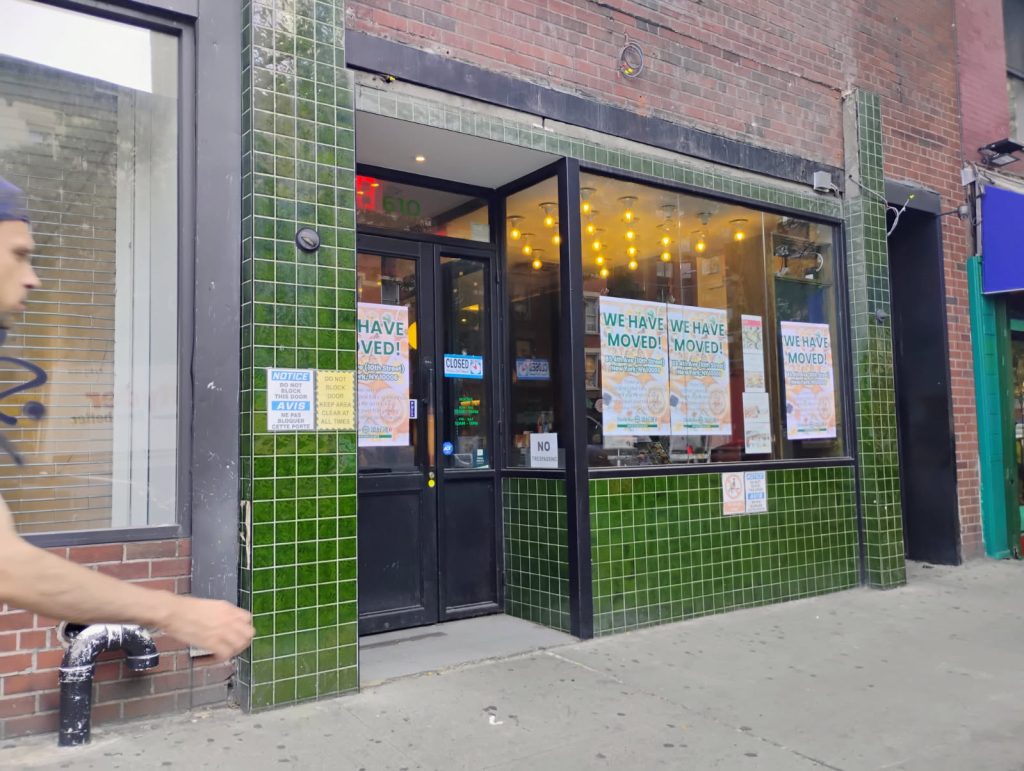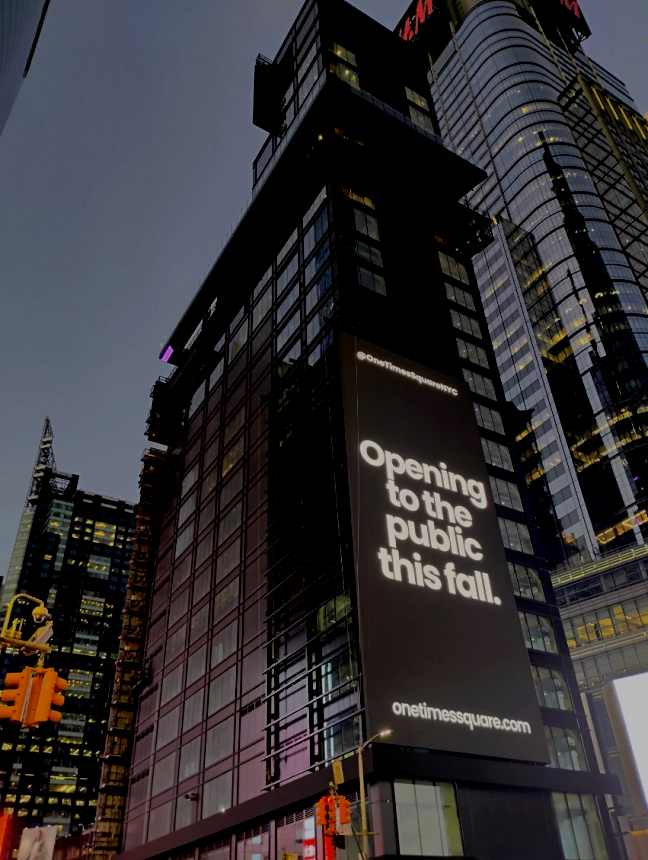U.S. Labor Market Added 119,000 Jobs in September
By Manhattan Real Estate Tracker, November 20, 2025
The U.S. Bureau of Labor Statistics released the September 2025 jobs report later than usual because of the recent government shutdown. The nonfarm employment increased by 119,000 as the unemployment rate remained at 4.4%. The results indicate that there may be another rate cut in December 2025. Here is a portion of the release from the U.S. Bureau of Labor Statistics:
THE EMPLOYMENT SITUATION – SEPTEMBER 2025
Total nonfarm payroll employment edged up by 119,000 in September but has shown little change since April, the U.S. Bureau of Labor Statistics reported today. The unemployment rate, at 4.4 percent, changed little in September. Employment continued to trend up in health care, food services and drinking places, and social assistance. Job losses occurred in transportation and warehousing and in federal government.
This news release presents statistics from two monthly surveys. The household survey measures labor force status, including unemployment, by demographic characteristics. The establishment survey measures nonfarm employment, hours, and earnings by industry. For more information about the concepts and statistical methodology used in these two surveys, see the Technical Note.





